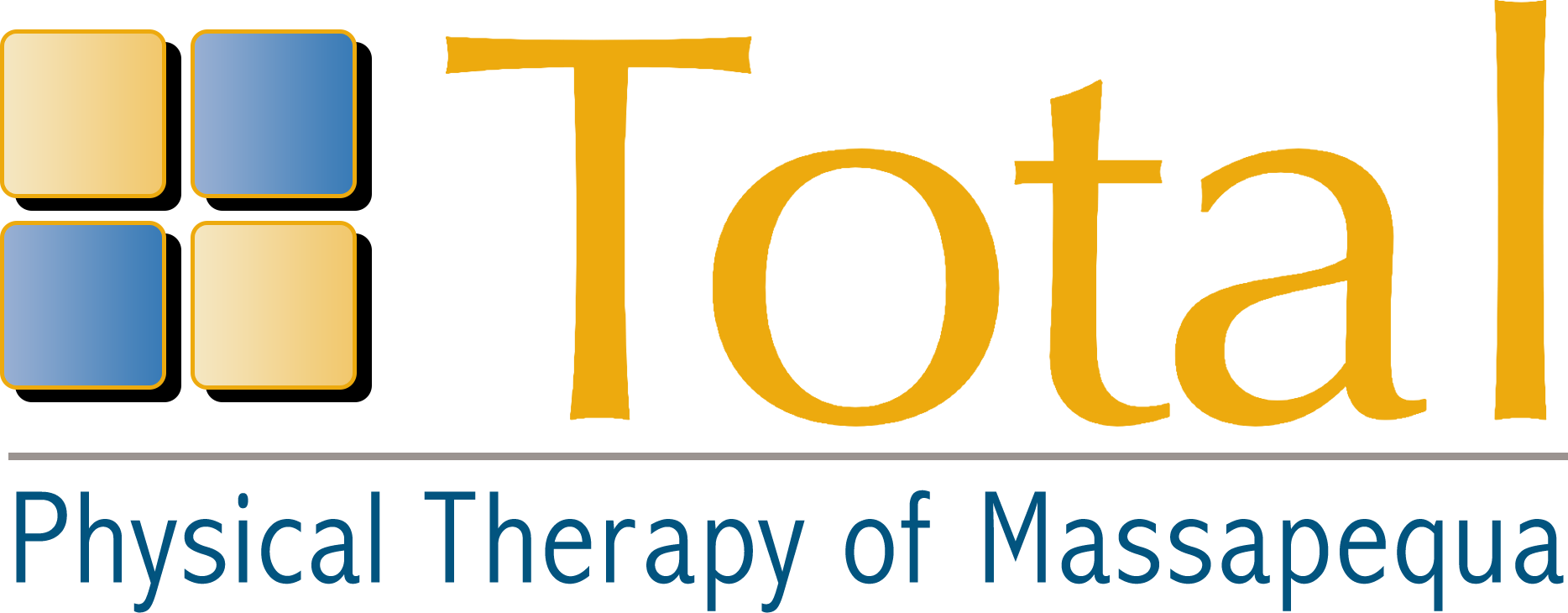
Most people think that physical therapists focus purely on physical rehabilitation and support for the movement, and more specifically, injuries that are sustained in sports or military action. However, this is far from the case. Physical therapists can also help with a variety of other health issues, including neurological disorders.
There are more than 1000 different neurological disorders, which are conditions that affect the brain, spinal cord, or nervous system. Some are more common than others. Some of the neurological disorders that you may have heard of before may include Alzheimer’s disease, Cerebral palsy, Multiple Sclerosis, and Parkinson’s disease. Some people experience a traumatic brain injury that temporarily or permanently impairs their neurological system. Persistent headaches and migraines are also considered to be neurological disorders.
Physical therapy is a valuable treatment for many patients who have neurological disorders since their disorder could affect their ability to move around freely and easily. In fact, many patients with neurological problems find that they experience issues surrounding movement, and these can get worse as their disease progresses.
How Does Physical Therapy Help With Neurological Conditions?
Physical therapists can’t completely halt the progression of some neurological diseases, but they can slow them and help to minimize the effects that they have on patient’s lives. Physical therapy can do this through regular, repetitive exercises and other techniques that can improve balance, posture, and strength. These can go some way to maintaining patient mobility and movement for as long as possible.
Every patient is different and physical therapy is tailored to their individual needs. As well as sessions in your physical therapist’s offices, patients will also be required to complete exercises at home that will support their progress.
Headaches and Migraines
Headaches and migraines are extremely common, and most people will experience multiple episodes of both during their lifetime. Although some headaches are mild, severe headaches and migraines can be extremely debilitating, affecting your ability to work, eat and even sleep. Medications can prove to be effective in reducing the pain that is experienced, but it is far better to treat the cause of the problem than to simply mask it and manage the symptoms with pain relief.
Most people have heard of tension headaches and associate them with periods of emotional tension, such as high levels of stress or upset. However, tension headaches are actually triggered by the tension that is felt in the muscles of the neck and shoulders. While psychological events can certainly cause someone to experience tension in their body, so too can traumatic injuries that affect the musculoskeletal system such as a slipped disc or even whiplash. Strains caused by repeatedly performing the same motion, known as repetitive strain injuries, are also a common cause of tension experienced in the head, neck, shoulders, and upper back. The result is the same. When the muscles are tense and tight, they are more likely to spasm, and this causes them to send pain signals to your brain, triggering a headache and other neurological symptoms. If you regularly experience headaches or migraines, effective treatment will help you to regain control over your body and improve the quality of your day-to-day life.
How can Physical Therapy Help With Headaches and Migraines?
Many people are surprised to learn that physical therapy can be beneficial in treating chronic headaches and migraines. Some physical therapy techniques, such as massage, ice and heat, and gentle exercises can actually help to eliminate tension that is being held in the muscles of the head, neck, and shoulders, making headaches and migraines less likely. As the tension drains out of them, so too do any toxins that were being held in them are also released into the bloodstream where they are metabolized by the body.
In addition, your physical therapist will work with you to correct the problems that are causing your pain. For example, improving your neck mobility and the strength in your upper back and neck muscles and correcting your posture so that future episodes of headaches and migraines are less likely.
For more information about how physical therapy can help with neurological disorders, including headaches, please contact our dedicated team in North Massapequa, NY.








